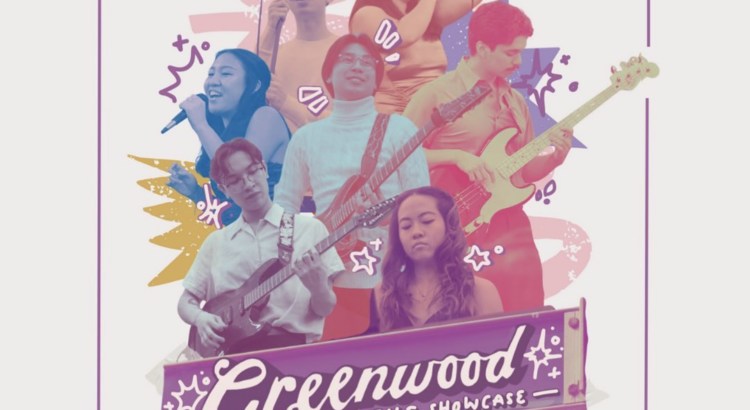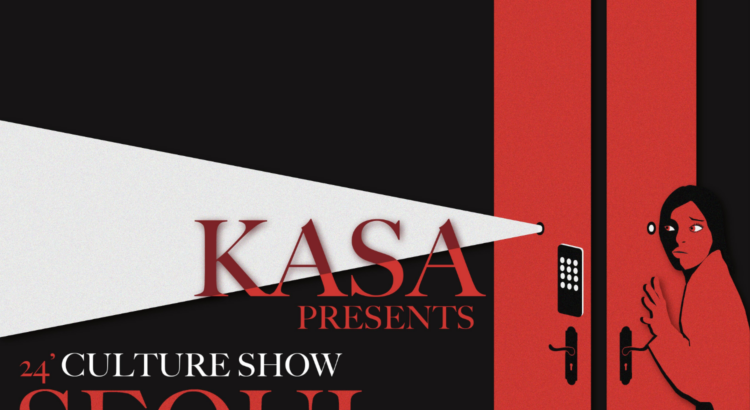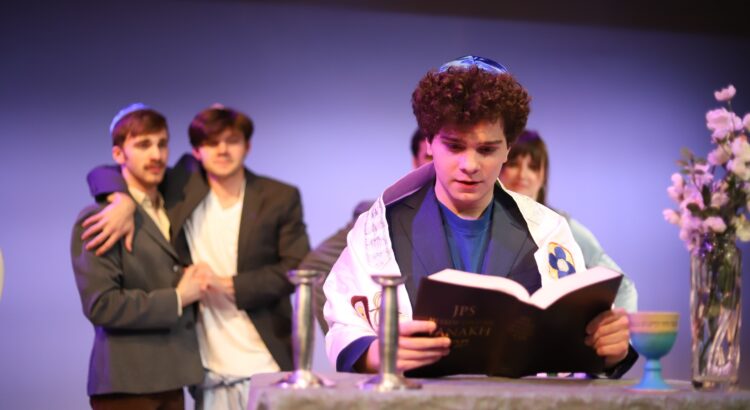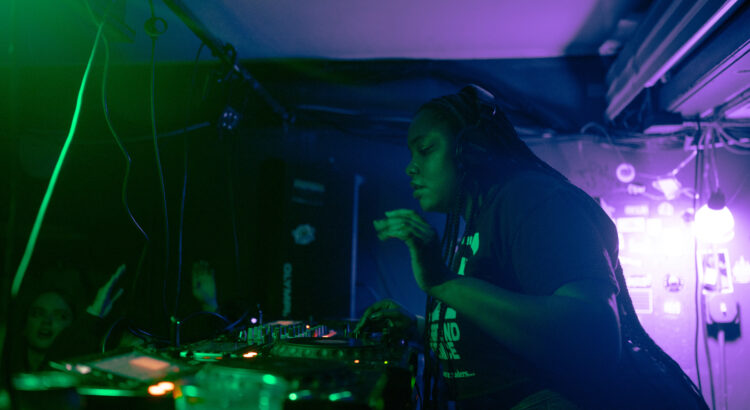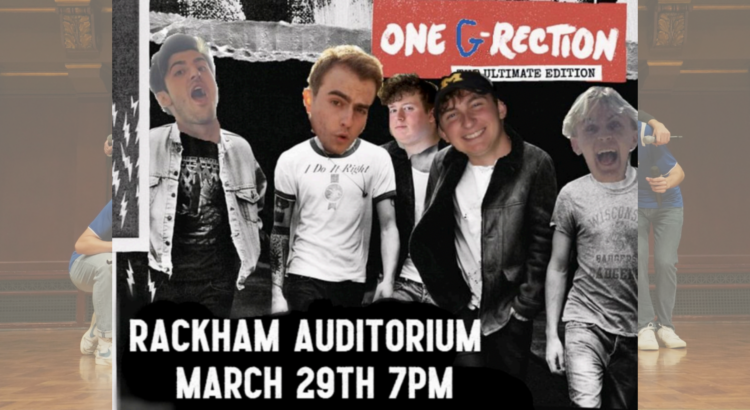Let me get this out of the way first, I LOVE GREENWOOD SESSIONS AND EVERYONE IN IT! IF YOU’RE READING THIS YOU ALL ARE UBER AMAZING MUSICIANS! YOU GUYS DID SO GOOOOOOOOD!!!
…
ahem.
…
Greenwood Sessions is a cover band composed of UofM students who specialize primarily in OPM or Original Pinoy Music. While a niche, OPM is one of my favorite genres of music, mostly due to my half Filipino identity, and huge in the Philippines (of course since pinoy refers to someone from the Philippines). What this means is that you know that Greenwood is a group with a deep love for the music that they perform, something made obvious in their showcase. With their swaths of adoring fans (me very much included, love ya guys), the experience in the audience listening to their renditions of Filipinx/Filipinx American artists’ songs was adoringly fun.
The start of Act I came out with two of my favorite OPM songs, “Come Inside of my Heart” by IV of Spades and “Raining in Manila” by Lola Amour. Each instrument is showcased with intense skill and harmony with each other with these two songs, and one thing I have to highlight about “Come Inside of my Heart” is the guitar solo which resonated within my very being. While “Raining in Manila” has become a constant mainstay of Greenwood’s setlist, it by no means lessens the performative value of it, as the Taglish song gets better with each iteration.
Though, right after the intermission was my favorite moment of the night. Getting right back into it, the boys (+ Angeli) showcased their vocal skills with the most streamed OPM song of 2023 on Spotify, “Pasilyo” by SunKissed Lola. “Pasilyo”, meaning “aisle” (especially one that leads to a wedding altar, has a chorus that can only be described as magnificent. As they reached the amazing “ikaw at ikaw” (meaning you and you, which, since it references a wedding altar, is like the officiator declaring two people’s love), everyone in the audience held up green hearts holding the iconic lyrics with their phone flashlights out. simply great.
Anyhow, I can go on and on about how amazing this group is and why you should support them, but if I *have* to conclude, I absolutely have to provide shoutout to all the performers in Greenwood:
Angelica Alpas, Mateo Gonzales, Ashton Nunez, Catrina Cagalawan, Rafael Esteva, Angeli Fandino, and Andrew Ramirez you guys are all amazing performers (and multi-instumentalists what???). Congratulations on an amazing show, I can’t wait for your next performances, and when are you hosting your next open jam-session??

